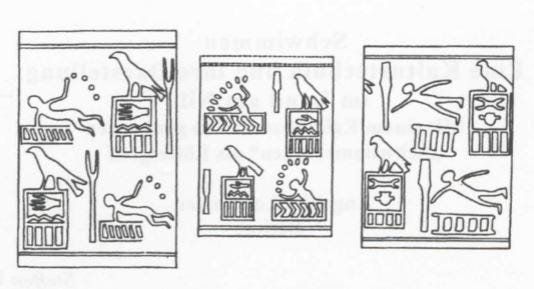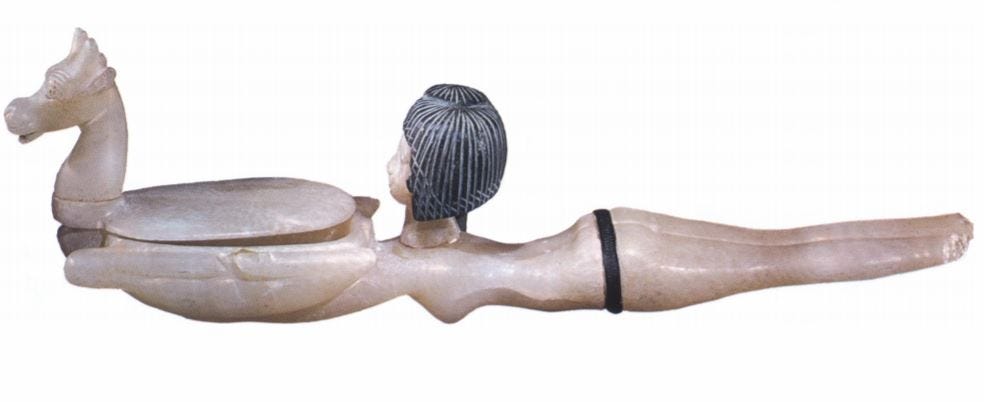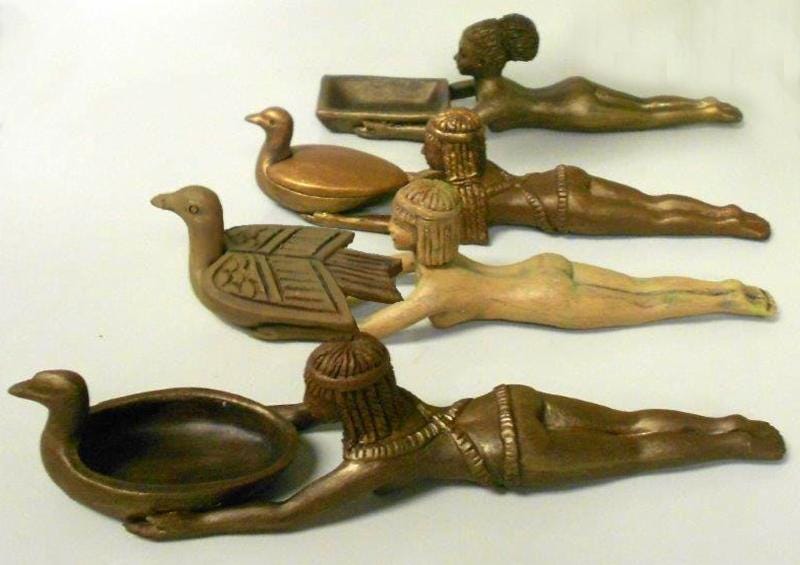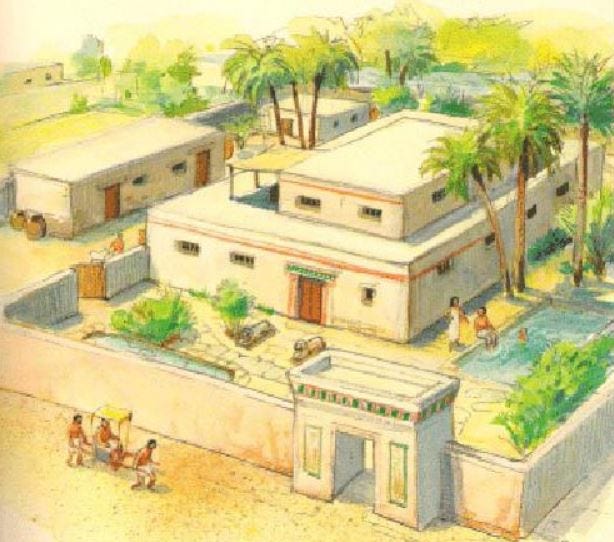
 |
| Source: Eszter Stricker |


Some of the oft-repeated quotes:
"Swimming was the favourite sport of the ancient Egyptians as far back as 2500 BCE. They made use of the River Nile to practice it. The Nile was not the only place for swimming contests. Noblemen's palaces had swimming pools in which princes learned the sport. The calm waters of the Nile encouraged youths to hold swimming competitions in which they could show their skills." (Reference)
"Egyptians were very good swimmers, and they loved to do it. One hieroglyph shows a man swimming; this and other drawings make it look quite likely that ancient Egyptians could swim a style resembling the modern front crawl. Royal and noble children often took swimming lessons, as mentioned in a biographical inscription of a Middle Kingdom nobleman." (Reference)
Wikipedia mentions "An Egyptian clay seal dated between 9000 BC and 4000 BC shows four people who are believed to be swimming a variant of the front crawl." I searched and couldn't find any other reference to this seal, or a depiction.
One historian, Eszter Stricker has a page entitled 'Did They Really Swim In the Nile?' in which she evaluates evidence around swimming in the Nile, and women swimming. She concludes that it is unlikely that they swam in the Nile (crocodiles, hippos), but Egyptians of the upper classes certainly did swim and had swimming lessons. There is a lot of evidence that the rich had private pools in their gardens.
Stricker concludes:
- there are almost no written texts about people going for a swim, especially not in the Nile;
- the illustrations we have show slave women with a strong erotic message (swimming underwater with lotus flowers);
- people were afraid to enter the Nile because it was filled with dangerous animals;
- to die in the Nile would make it impossible to get a proper burial which was one of the life goals of the Egyptians;
- Swimming courses were part of royal education and it was a huge privilege to attend one;
- the richest could afford to have a private pool in their garden.
Read Stricker's piece and ponder the swimming life of the Ancient Egyptians.

Source of illustration: Wikipedia.
See also my blog on The Cave of The Swimmers
No comments:
Post a Comment